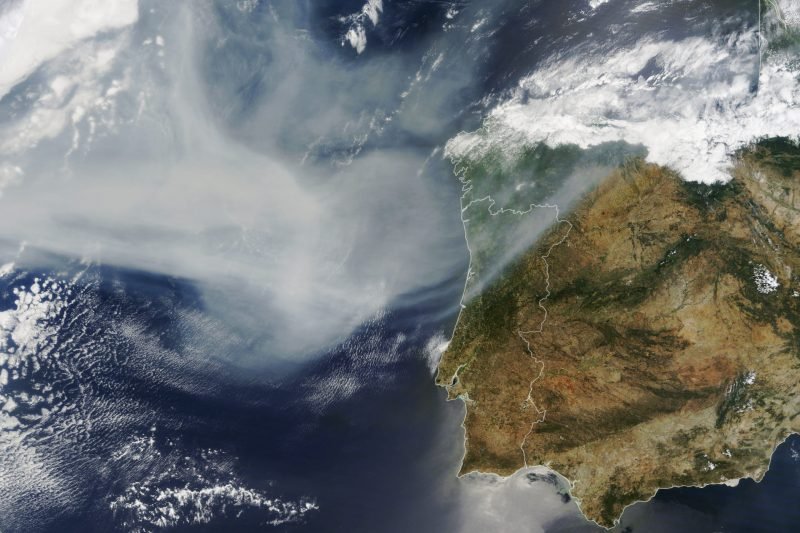Climate experts and disaster agencies are sounding the alarm. Europe is heading into what could be its most destructive wildfire season in years. Due to extreme heatwaves, prolonged drought, and shifting wind patterns, wildfires are already breaking out across multiple countries.
So far, over 35,000 hectares of land have burned. Firefighters are working around the clock, yet weather conditions continue to worsen.
In recent days, Southern Europe has faced the worst of the early fire outbreaks. Countries like Greece, Portugal, and Italy are battling fires near national parks and major cities.
Sicilian officials ordered the evacuation of several villages as flames inched toward residential areas. Meanwhile, Portugal’s Algarve region recorded a scorching 46°C, the hottest July temperature ever documented there.
As a result, the country deployed its full aerial firefighting fleet. Moreover, Portugal called on the EU for additional emergency resources. Spain is also on high alert, especially in Andalusia and Catalonia.
Now, the fire threat is spreading eastward. Bulgaria, Romania, and parts of Ukraine have issued red alerts as wildfires erupt in dry rural areas.
Romanian President Iulian Dobre warned that Eastern Europe is facing “a continental fire threat.” He urged EU leaders to station permanent firefighting forces along border regions.
Notably, environmental groups blame years of underinvestment and weak land policies. In many rural towns, outdated firefighting tools and a lack of trained responders have left communities dangerously exposed.
The Europe wildfire season 2025 reflects a broader global trend. Wildfire seasons are longer, more frequent, and far more intense.
Dr. Isabelle Fournier, a senior climatologist at CNRS France, explained that fire seasons have extended by over 40 days since 2005. In addition, she linked worsening conditions to policy failures and poor land management.
A new European Environment Agency report warns that fire-related economic damage may surpass €12 billion this year. Without major policy shifts, those losses will keep rising annually.
Although the wildfires are burning in Europe, their consequences are global. These fires pump millions of tons of carbon into the atmosphere. Furthermore, they destroy biodiversity and reverse decades of climate progress.
Global leaders must see this as more than a seasonal emergency. For example, international support can strengthen satellite tracking, fund early-warning systems, and train local responders.
For ordinary citizens, the message is equally clear. Climate change is no longer distant or abstract, it’s here, reshaping daily life and demanding urgent action.


